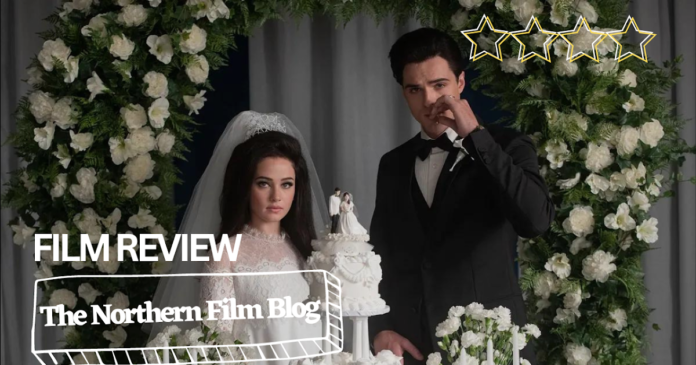Plot: When teenage Priscilla Beaulieu meets Elvis Presley, the person who’s already a meteoric rock-and-roll celebrity turns into somebody totally sudden in non-public moments: an exciting crush, an ally in loneliness, a susceptible finest pal.
Movie: Priscilla
Director: Sofia Coppola
Writers: Priscilla Presley, Sandra Harmon, Sofia Coppola
Starring: Cailee Spaeny, Jacob Elordi
Sofia Coppola’s directorial prowess shines via in her potential to vividly painting a world noticed via the confines of privilege. Coppola masterfully captures the searing loneliness felt by ladies who seemingly have all of it but reside in profound isolation.
On this story, a younger lady, Priscilla Beaulieu, impeccably portrayed by Cailee Spaeny, encounters rock icon Elvis Presley, performed by Jacob Elordi, at 14, sparking an inevitable infatuation. Elordi’s portrayal unveils a compelling, enigmatic cruelty beneath Elvis’s charismatic attract, presenting a darker and extra intricate persona than Austin Butler’s portrayal in Baz Luhrmann’s tackle Elvis. As soon as Priscilla tastes Elvis’s consideration, abnormal life loses its luster, rendering all the pieces drab in his absence.
The movie avoids categorizing Elvis as a groomer or Priscilla as his sufferer. As an alternative, Coppola explores the complexities of their relationship, sidestepping binary notions of innocence and guilt with class and class, in methods it’s a one-sided romance. She keenly exposes the ability dynamics surrounding Elvis, emphasizing how these buildings affect not simply his relationship with Priscilla however all his connections. A poignant scene the place Elvis takes Priscilla buying illustrates this, showcasing his management over his entourage and not directly over her.
Each Priscilla and Elvis are merchandise of their time. Priscilla, molded by Nineteen Fifties notions of womanhood, makes an attempt to suit into Elvis’s prescribed picture. The movie subtly chronicles her liberation via wardrobe selections, marking her emancipation from enforced conformity. In the meantime, Elvis’s worldview, formed by inflexible gender roles, calls for Priscilla to adapt to his ultimate.
In the end, Priscilla’s journey culminates as she drives away from Graceland, shedding the position of a kid and rising as her personal lady. Coppola delicately portrays this transformation, set to the poignant tune of Dolly Parton’s “I Will All the time Love You,” marking Priscilla’s self-realization and newfound independence. Elvis ‘shedding her to a lifetime of her personal’.


